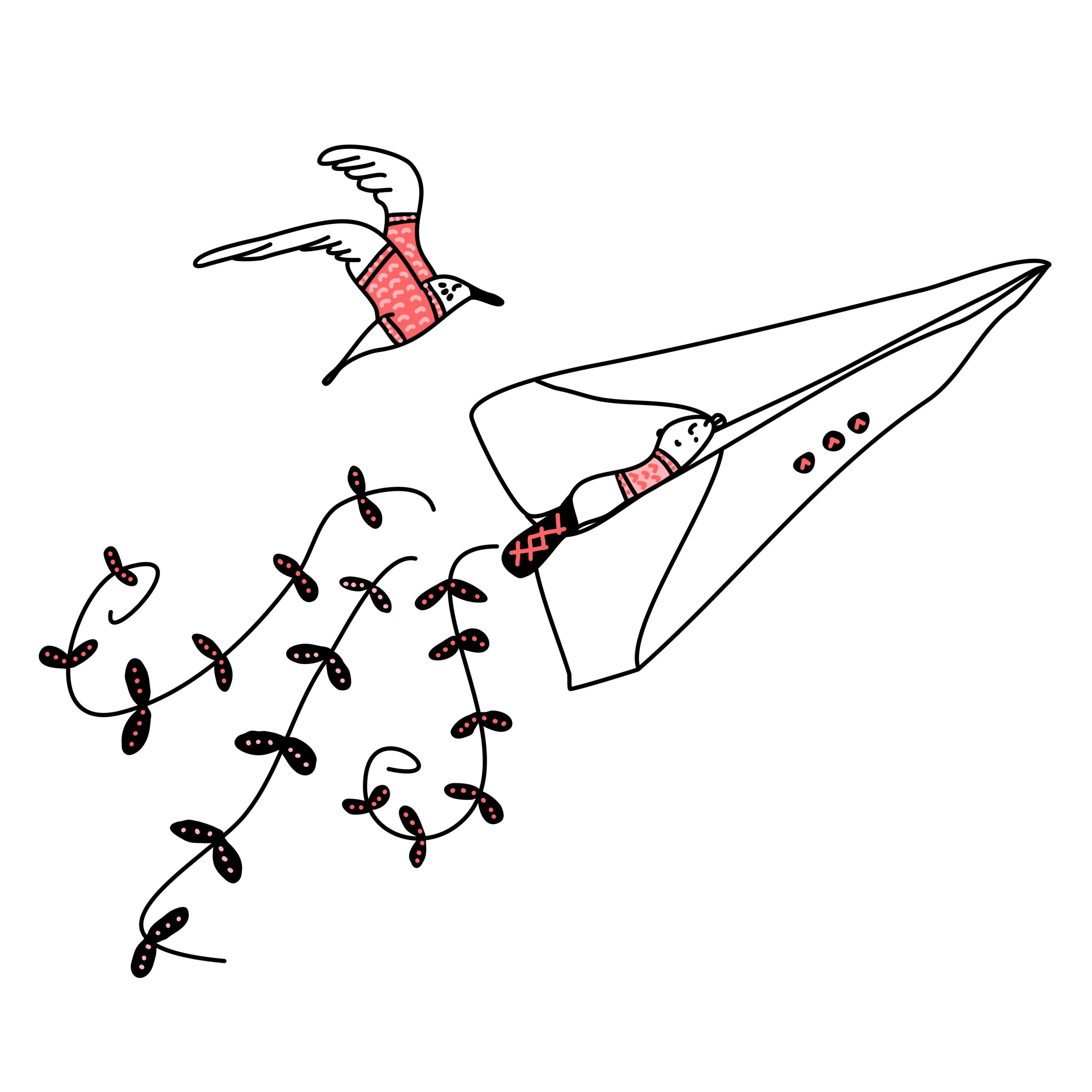
“If it’s icy outside, better stay in,” they say,
“A slip or a trip, and there’ll be hell to pay.”
“Want to learn about leaves? Could be fun, so sweet!
But a kid could get lost, just print the worksheet.”
“Building stuff with real tools?
Sounds cool, but nope,
Could turn into weapons.
We’ve lost all hope.
Yeah, we can count the injuries,
the broken bones,
But what about the risks that go unknown?
The ones on graphs that can’t be shown.
What’s the cost to a kid who never plays,
Never gets to figure things out in the fray?
Schools stick to the script, tests and all,
Too much freedom? They’re afraid they’ll fall.
But aren’t we missing something, a vital part?
The growth of imagination, invention, the heart?
Are we so scared of risks that we blindfold our youth,
From a world where they need to find their own truth?
If a child never gets to climb a tall tree
they’ll miss out on the view of what they could be
Yes, calculate your risks, but keep in mind,
It’s not just the numbers that you need to find.
In trying so hard to control every twist, We forget,
avoiding risk is the bigger risk that exists.
I’ve been thinking a lot about the risks we take in life. And even more so, the risks we DON’T take.
Schools are a good example of this. American schools have become increasingly afraid of quantitative risks.
Too icy outside? Someone might slip, so keep the kids in. Want to learn about leaves in the fall by walking in the woods? A kid might run off, so print a worksheet instead. Want to teach engineering by building something with real tools? A kid might use those tools as a weapon, so watch a YouTube video instead.
Yes, there are real, quantifiable risks. You can count broken bones. But do we give equal thought to the hidden qualitative risks? What is the risk to the mental health of a child who never gets time to process and practice on the playground because injury and litigation are too scary for administration? You can’t see that risk until it’s too late.
Schools are afraid to risk letting go of strict curriculum and standardized testing, because too much choice becomes uncontrollable and unmeasurable. But what is the unseen risk of keeping children from exercising the skill of imagination, invention, and problem solving?
Have we become so risk-adverse that we are raising an enmeshed, over-stimulated, under-regulated generation?
Yes, take calculated risks, but first make sure to have all pieces of the equation.
Controlling for risk is a risk itself.
